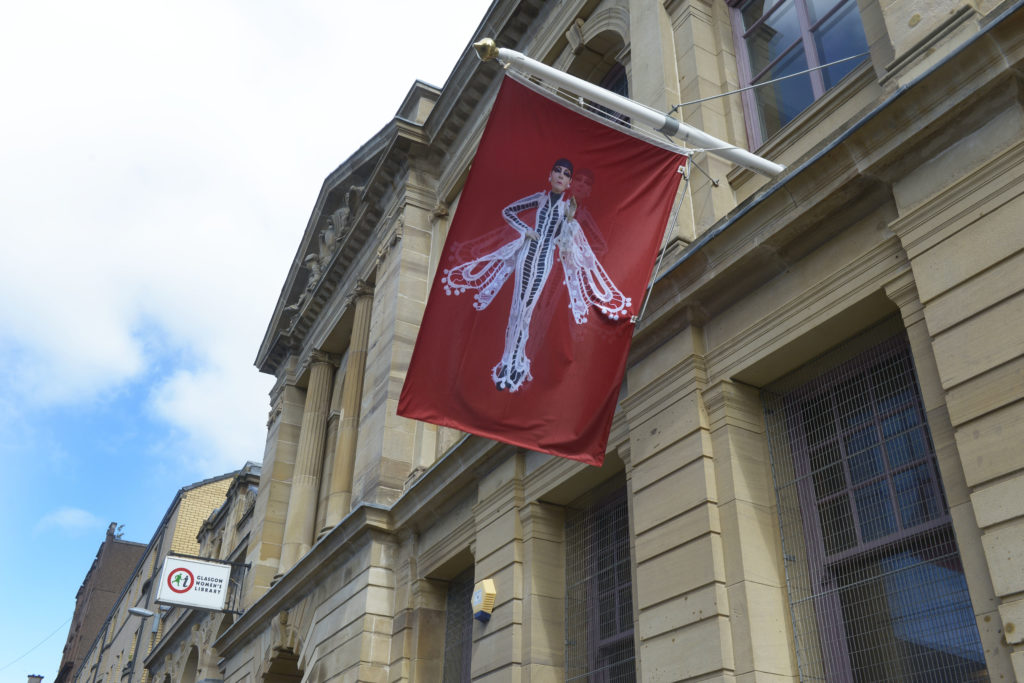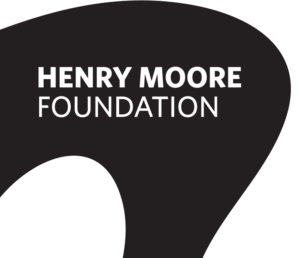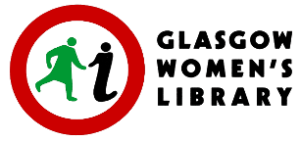
Life Support: Forms of Care in Art and Activism is a research project which includes a group exhibition in August – October 2021 which takes the history and collections of the Glasgow Women’s Library as a starting point to explore how art and activist production from the 1970s through to the contemporary moment have challenged existing systems of care, support and maintenance, and imagined vital alternatives.
Focusing on the intersections between feminist, LGBTQ+ and decolonial organising, and looking across private life and public infrastructures, Life Support asks: what are the support structures needed to maintain life – including housing, education, physical and mental health care, ecologies, education and food? Who is included and excluded from them? How have individuals and communities locally and transnationally organised to gain access to these systems, and to change them? What expanded notions of ‘life support’ have been pursued via activism, strikes and protest, but also ritual, utopianism, and alternative spaces and domesticities? How might housing, rent struggles and anti-gentrification overlap with ecological concerns, queer imaginaries and intersectional feminism? How have artistic communities of care challenged private and state attempts to control whose lives get support?
Life Support is supported by the Arts and Humanities Research Council (AHRC/UKRI), the Henry Moore Foundation, the Art Fund/Garfield Weston, the University of Edinburgh History of Art Department, the St Andrews School of Art History, and the Contemporary Art Research Collection at the University of Edinburgh.





